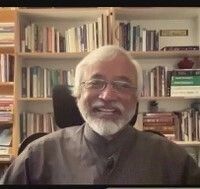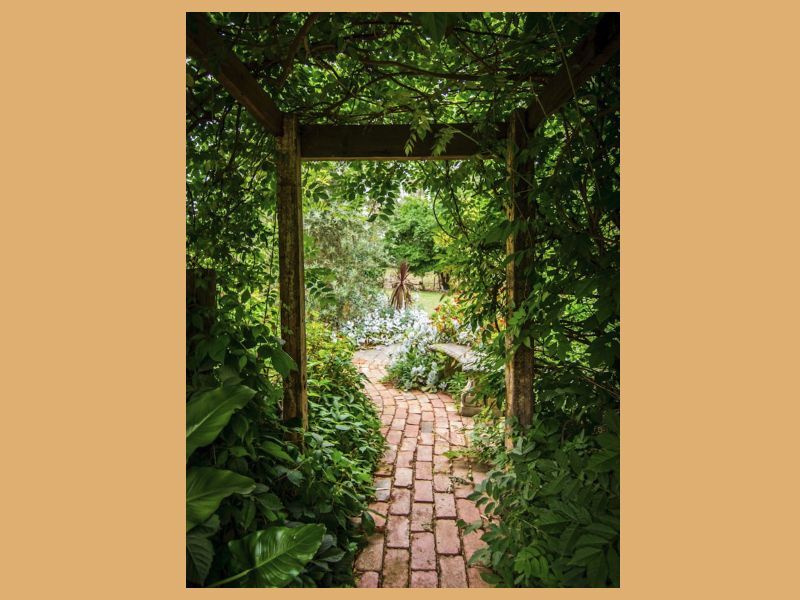Start Date: October 21 2024
Duration: 4 weeks. This program is a four-week, instructor-guided online Zoom course.
Price: $40
Zoom dates: Each zoom session is 2 hours:
Monday October 21 10:00am 12:00pm PST
Monday October 28 10:00am 12:00pm PST
Monday November 4 10:00am 12:00pm PST
Monday November 11 10:00am 12:00pm PST
Use this date/time converter to check for other local times.
Recording: The zoom sessions will be recorded should you miss any.
Course Description
Abiding happiness or joy is our birthright! But, in this world of duality where suffering exists side by side with happiness, how do we attain to this state? In our daily life where we encounter uncertainties, trials and tribulations, is lasting happiness possible? Ancient and contemporary sages reply with a resounding “Yes!”
In this 4-week class we shall explore their counsel about ways to achieve enduring happiness. From the Eastern traditions we shall glean insights and practices; from the “Book of Joy” we shall extract wisdom from the Dalai Lama and Desmond Tutu.
The Four Sessions
Session 1: Become a Seeker
On the timeline of our life journey, a singular incident or a series of events can jolt us out of our mechanical hypnotic trance. We aspire to become a more developed human being and yearn for meaning in life. We become seekers! We grapple with existential questions.
Sages offer us guidance as we encounter the enigma of self, life purpose and Spirit. Their counsel is invaluable as we navigate our path through the paradoxes and mysteries of our life journey.
Session 2: Expand Mind and Heart
All holy books insist that we do the inner inconvenient work: transform the ego and open the heart. Desmond Tutu and the Dalai Lama offer specific advice. They ask us to cultivate four qualities of the mind and another four qualities of the heart. These spiritual practices will gift us inner peace, and an inner spaciousness which makes room for more joy to flow into our life.
Session 3: Build Community and Be of Service
On our life journey, we desperately need community. Even Prophets needed companions! By way of metaphors, spiritual teachers explain that a wall standing alone is useless; add to it other walls and it can support a roof! Only when ink joins with a pen can the blank paper say something! In the same spirit, these teachers remind us that when we are of service to God’s creation, our soul experiences immense joy and delight.
Session 4: Weave Spiritual Practices in Daily Life
At the heart of every Tradition exists simple spiritual practices that can be woven into the course of our daily life. It could be the ritual of expressing gratitude, repeating a sacred mantra, being mindful of the present moment, helping someone in need. These and other practices, done regularly over time, infuses our being with the vibrations of joy.

About your Facilitator
Jamal Rahman, Imam, Writer, Speaker, Spiritual Advisor, is a popular speaker on Islam, Sufi spirituality, and interfaith relations. Along with his Interfaith Amigos, he has been featured in the New York Times, CBS News, BBC, and various NPR programs.
Jamal is co-founder and Muslim Sufi minister at Interfaith Community Sanctuary and adjunct faculty at Seattle University. He is a former co-host of Interfaith Talk Radio and travels nationally and internationally, presenting at retreats and workshops.
He is the author of many books, including : Sacred Laughter of the Sufis: Awakening the Soul with the Mullah's Comic Teaching Stories and Other Islamic Wisdom; Jamal's latest book, The Teachers of Spiritual Wisdom: Gaining Perspective on Life’s Perplexing Questions is co-authored with Duncan S. Ferguson and Mary Petrina Boyd.
Jamal's passion lies in interfaith community building. He remains rooted in his Islamic tradition and cultivates a "spaciousness" by being open to the beauty and wisdom of other faiths. By authentically and appreciatively understanding other paths, Jamal feels that he becomes a better Muslim.


